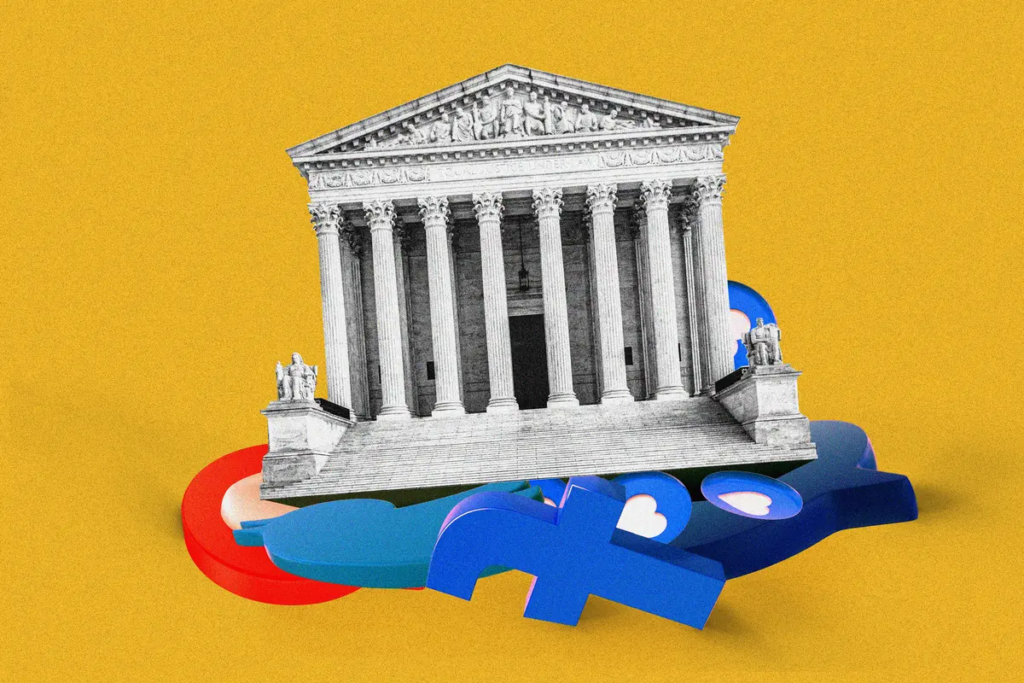2 women had filed class action lawsuits against civil asset forfeiture policies in Alabama.

The Supreme Court voted 6–3 on May 9 to uphold the forfeiture of two Alabama women’s cars that were used to commit drug offenses, finding that the U.S. Constitution does not require a separate hearing to determine whether the police may retain the car before the forfeiture hearing.
The decision not to strengthen property rights moves away from recent rulings of the conservative-leaning court on so-called home equity theft and excessive fines, which have bolstered individual property rights and reined in government power.
The three liberal justices dissented, saying the majority’s ruling prevents lower courts from “addressing myriad abuses of the civil forfeiture system.”
The case involves civil asset forfeiture (CAF), which has long been criticized by civil libertarians. Civil asset forfeiture laws are ripe for abuse and provide undue incentives to governments to seize private property, critics say.
CAF is a legal procedure in which law enforcement officials take assets from people suspected of criminal or illegal activity without necessarily charging the owners with wrongdoing. Often, the owners are required to prove that the asset was not involved in criminal or illegal activity. Failing that, the government keeps the property.
The court’s majority opinion in Culley v. Marshall was written by Justice Brett Kavanaugh and joined by the other five conservative justices. Justice Sonia Sotomayor wrote a dissenting opinion, which was joined by the court’s two other liberals, Justices Elena Kagan and Ketanji Brown Jackson.
